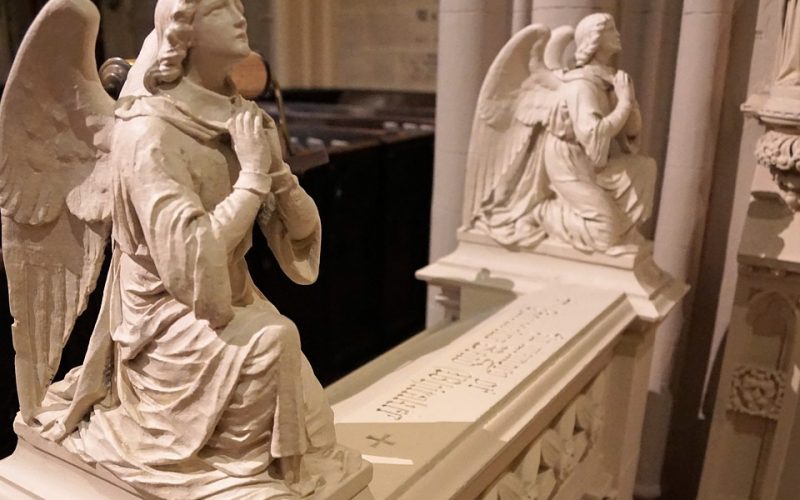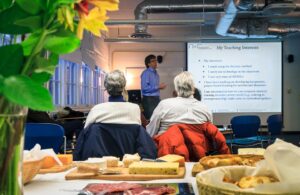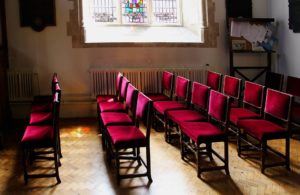Much of what parishioners learn about their faith comes from their formal religious classes, but applying their faith to modern life can be difficult. The majority of religions have regular services, and they use that time to help people understand how to practice their faith in the real world. Many times the person preaching during the service will choose a specific passage in their holiest book, and then they will break it down and explain how it applies today.
The majority of holy books were written in ancient times, but moral dilemmas and questions of ethics only change their outward appearance. If it was wrong to do it thousands of years ago, it can still be wrong to do it today. Part of the work of those who preach is to help people understand what is moral, and they do it by giving examples of how to look at everyday situations.
People who attend church on a regular basis might sleep through the sermon, but those who are serious about their faith will pay attention. There are no tests at the end of the service, but people are expected to apply what they have learned to their life. If they do not, many religions preach they will not have a good afterlife. For those who heed the lesson and apply it, there is a better life that awaits them after death.
Few religions are easy to understand in terms of the modern world, and giving regular sermons at church services is the device used to educate them. The entire congregation is welcome to attend and listen, so they are all given a chance to learn how to life their life according to the directives of their faith. Many people have found that attending services on a regular basis expands their knowledge of their faith far beyond what they learned in any class.

















